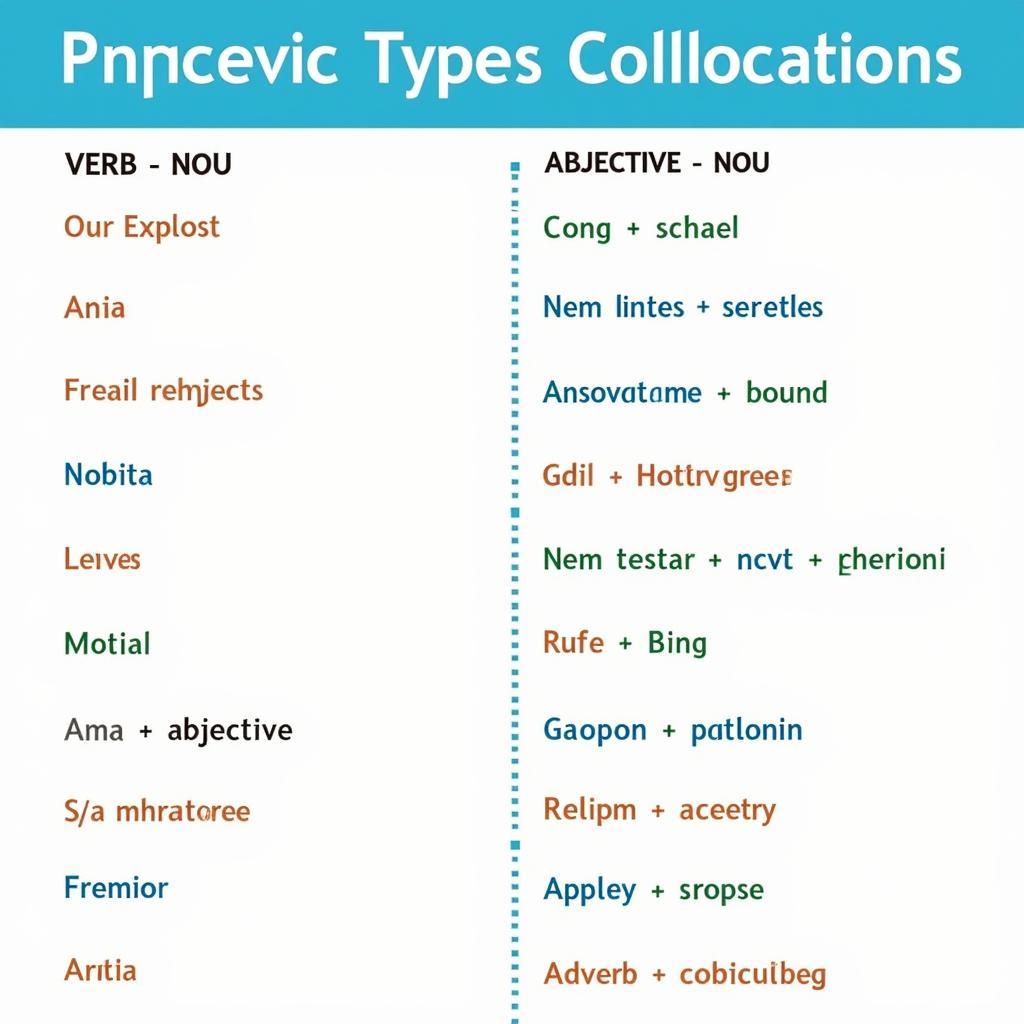Collocations play a crucial role in achieving a high band score in IELTS Writing. As an essential aspect of natural English expression, proper use of collocations demonstrates advanced language proficiency and enhances the overall quality of your writing.
What Are Collocations?
Collocations are words that naturally go together in English. Similar to how artificial intelligence in education has transformed learning patterns, collocations transform ordinary writing into sophisticated expression. They include combinations of verbs, nouns, adjectives, and adverbs that native speakers instinctively use together.

Types of Collocations for IELTS Writing
1. Verb + Noun Collocations
- Make a decision
- Draw a conclusion
- Take action
- Pay attention
- Solve a problem
2. Adjective + Noun Collocations
- Strong argument
- Valid reason
- Major concern
- Environmental impact
- Global issue
Just as free trade agreements: benefits and drawbacks? requires precise language, using appropriate collocations enhances the sophistication of your arguments.
How to Use Collocations in IELTS Writing Tasks
Task 1 Applications
When describing trends and data, use specific collocations:
- Sharp increase
- Gradual decline
- Significant fluctuation
- Steady growth
- Dramatic fall
Task 2 Applications
Similar to discussing does modern communication technology harm social relationships, your essay should incorporate relevant collocations to express ideas clearly:
- Express opinions: strongly believe, firmly maintain
- Present arguments: compelling evidence, convincing argument
- Draw conclusions: logical conclusion, reasonable outcome
Common Mistakes to Avoid
- Forcing unnatural combinations
- Overusing basic collocations
- Mixing up similar collocations
- Creating non-standard combinations
- Ignoring context appropriateness
When discussing topics like promote entrepreneurship in developing countries how?, proper collocations enhance clarity and professionalism.
Practice Techniques
- Read quality sources regularly
- Create collocation lists by topic
- Practice using collocations in context
- Review model answers
- Keep a collocation journal
Impact on IELTS Scores
Using appropriate collocations can significantly impact your score in:
- Lexical Resource
- Coherence and Cohesion
- Task Achievement
- Grammatical Range
When discussing government spending on public transport vs. other priorities, proper collocations demonstrate advanced language ability.
Conclusion
Mastering collocations is essential for IELTS Writing success. Through consistent practice and awareness, you can naturally incorporate these linguistic combinations to enhance your writing quality and achieve your target band score. Remember, it’s not just about knowing individual words, but understanding how they work together effectively in context.